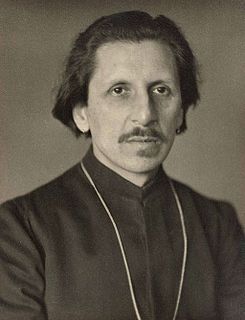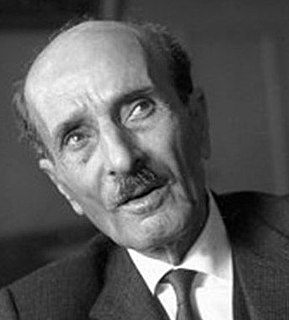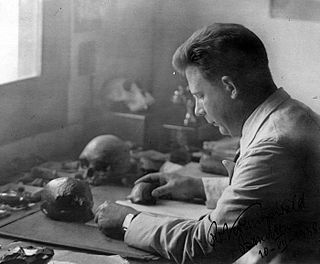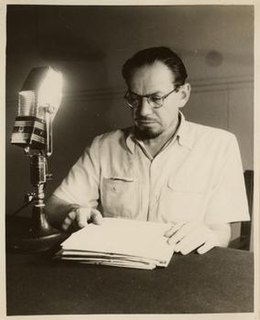A Quote by Raymond Chandler
Throughout the history of commercial life nobody has ever quite liked the commission man. His function is too vague, his presence always seems one too many, his profit looks too easy, and even when you admit that he has a necessary function, you feel that this function is, as it were, a personification of something that in an ethical society would not need to exist. If people could deal with one another honestly, they would not need agents.
Quote Topics
Related Quotes
No man worth his salt does not wish to be a husband and father; yet no man is raised to be a husband and father and no man would ever conceive of those relationships as instruments of his prime function in life. Yet every woman is raised, still, to believe that the fulfillment of these relationships is her prime function in life and, what's more, her instinctive choice.
Then when dusk began to settle he would retrace his steps, back to his own world. And on the way home, a loneliness would always claim his heart. He could never quite get a grip on what it was. It just seemed that whatever lay waiting "out there" was all too vast, too overwhelming for him to possibly ever make a dent in.
He’d never be able to touch her, and as passionate as she was, she would eventually need a man who could. He’d never had to worry about these things before because he’d never been with a woman. Not even before his possession. He’d been too busy then, too involved in his job. Maybe he needed to join Workaholics Anonymous, he thought dryly. He had to be the only millennia-old virgin in history.
Perhaps he could still weave together the broken threads of his life. And yet, I wanted him here now. I needed him here. In the darkness, if I sat very still, I could almost feel his presence by me, quite near, but not too near. Didn't I promise to keep you safe, he would say softly. I have never broken a promise. Don't look so worried, Jenny. And yet, he would be careful. Careful not to move too close. Careful not to frighten me. Waiting still. I am your shelter. Don't be afraid.
Gunn would be an important figure-rewarding, delightful, accomplished, enduring-in the history of English-language poetry even were his life not as fascinating as it now seems; he would be an important figure in the history of gay writing and in the history of transatlantic literary relations even were his poetry not so good as it is. With his life as it was and his works as they are, he's an obvious candidate for a volume of retrospective and critical essays, and this one is first-rate.
Who doesn't have a dark place somewhere inside him that comes out sometimes when he's looking in a mirror? Dark and light, we are all made out of shadows like the shapes on a motion-picture screen. A lot of people think that the function of the projector is to throw light on the screen, just as the function of the story-teller is to stop fooling around and simply tell what happened, but the dark places must be there too, because without the dark places there would be no image and the figure on the screen would not exist.
[In] death at least there would be one profit; it would no longer be necessary to eat, to drink, to pay taxes, or to [offend] others; and as a man lies in his grave not one year, but hundreds and thousands of years, the profit was enormous. The life of man was, in short, a loss, and only his death a profit.
Man did not address his inquiries to the earth on which he stood until a remarkably late stage in the development of his desire for knowledge. And the answers he received to the questions, "Where do I come from?", "What is man?", although they made him poorer by a few illusions, gave him in compensation a knowledge of his past that is vaster than he could ever have dreamed. For it emerged that the history of life was his history too.
The religious urge in man is not a mere passing phase in the history of his spiritual development, but the ultimate source of all his ethical thought and all his concepts of morality; not the outcome of primitive credulity which a more "enlightened" age could outgrow, but the only answer to a real, basic need of man at all times and in all environments. In another word, it is an instinct.
The Landlord is a gentleman who does not earn his wealth. He has a host of agents and clerks that receive for him. He does not even take the trouble to spend his wealth. He has a host of people around him to do the actual spending. He never sees it until he comes to enjoy it. His sole function, his chief pride, is the stately consumption of wealth produced by others.







































